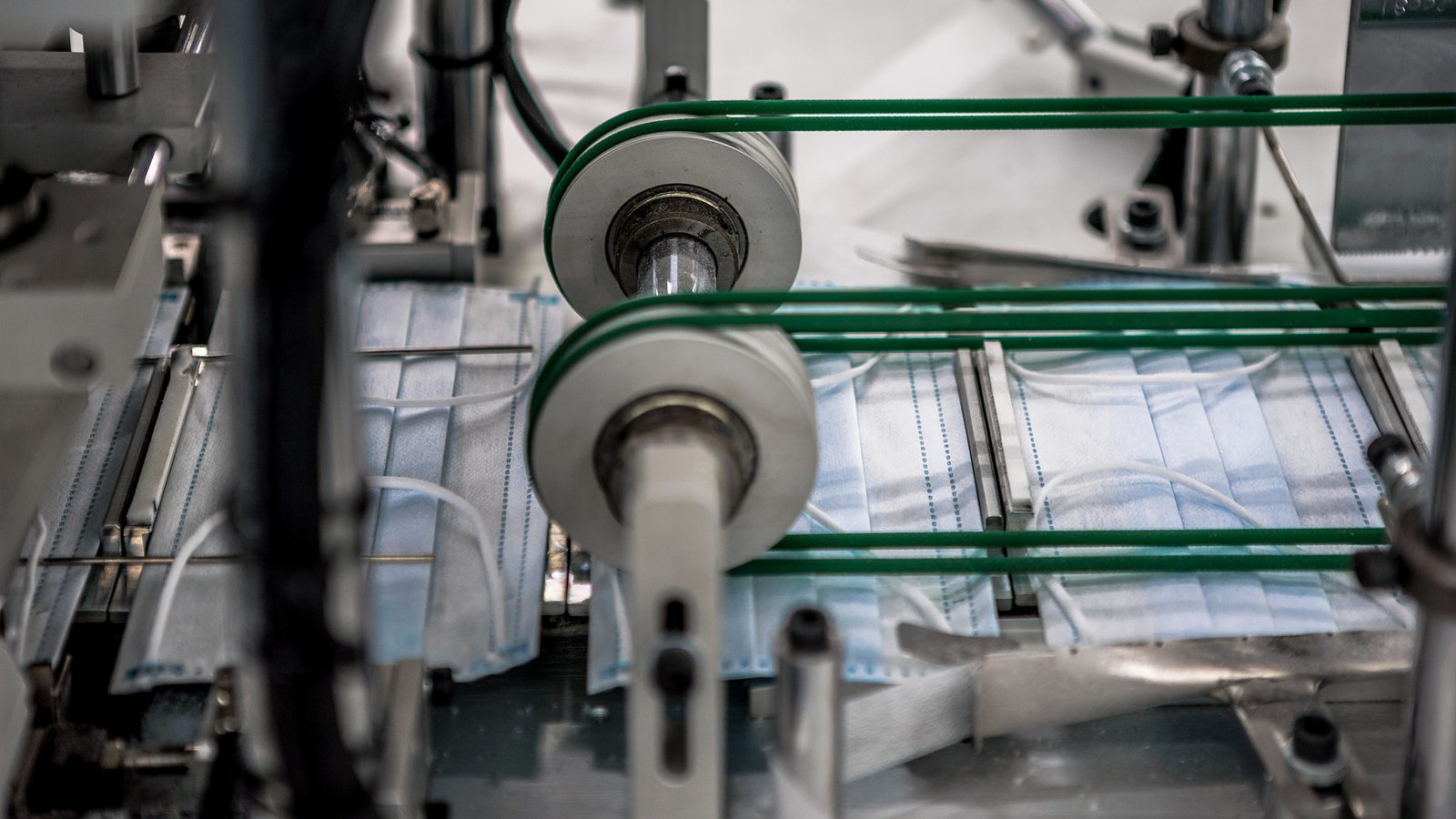By Laser 1 Technologies
Foreign Investments – Friend or Foe
I’ve been mulling over this issue for a while now.
Since 2011, the Obama administration has made a concerted effort to attract foreign investors to the United States. Three decades ago, it worked well in this country with Japanese investments. Japanese firms employ over 700,000 Americans and account for more than $60 billion of U.S. exports.
But does this mean that we are to sit back, cross our fingers, and hope that everything magically turns out okay with all foreign investment?
I shudder when thinking about all the acquisitions made into sensitive sectors. Security – anyone?
That aside, China is the fastest-growing national investor in America. According to the global research firm Rhodium Group, Chinese investors have been targeting real estate, hospitality, and technology services. “With more than $9 billion in completed transactions and more than $8 billion of pending deals, Chinese FDI in the US will likely surpass $10 billion again for the full year 2015. The biggest pending deals are in the ICT sector, with three big investments in semiconductors: Omnivision ($1.9 billion), Integrated Silicon Solution Inc. (ISSI, about $765 million), and Western Digital ($3.8 billion).” “Other major pending deals include Fosun’s acquisition of the remaining 80% in Ironshore (about $1.84 billion) and Anbang Insurance’s acquisition of Fidelity & Guaranty Life ($1.57 billion).” Chinese FDI in the United States: 3Q 2015 Update
In fact, according to the Los Angeles Times, Chinese investments now total “nearly $50 billion and could reach $200 billion by the end of the decade.” Why the sudden interest by Chinese investors? The answer lies in the rising energy and labor costs in China.
Will this continued slowdown in China’s economy affect current investments? That is yet to be determined.
According to Rhodium, Chinese firms are now operating in at least 37 of 50 states and have investments across a wide range of industries. The Chinese presence means new competition for U.S. companies. This not only is competition for consumers, but for scarce commodities – namely human resources.
How will these acquisitions affect U.S. company operations? It’s an unknown.
Two years ago, Shuanghui International Holdings of Hong Kong purchased Virginia’s Smithfield Foods Inc., for $4.7 billion. This American company was the world’s largest pork producer and processor. It runs facilities in over 25 states and has operations in Mexico and European countries. But it wasn’t until Smithfield was purchased by Chinese investors that there was an increase of exports to China of those products.
Hmm, why is that?
I continue to ponder.
Are we looking at Chinese investments as a job-creating miracle without looking into long-term ramifications?
With more companies under Chinese control comes an increase of China’s economic and political power. Is this a concern to the U.S. economy?
It is abundantly clear that China doesn’t want to lose its world economic power. The latest strategy to back up Chinese currency by gold would be a blow to European and U.S. economies. According to the article China Launching Gold Backed Global Currency, “China is recasting all of their gold reserves into small one kilo bars in order to issue a new “gold-backed” currency. Many say this will disrupt global trade and will eventually cause a collapse of the US dollar.”
Does this mean Treasury Bonds would be worthless and the Chinese Yuan the exchange standard?
Are we looking for long-term solutions or falling into a political nightmare?
For now, my dreamcatcher is on overdrive.
Choose Laser 1 Technologies for all your manufacturing needs. Give us a call today at (651) 451-9397.




